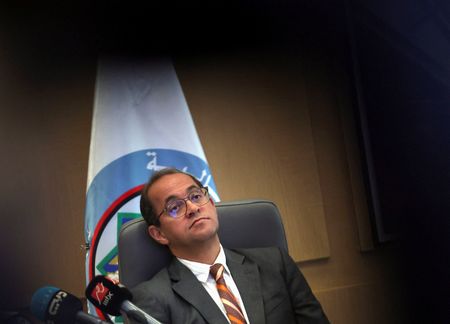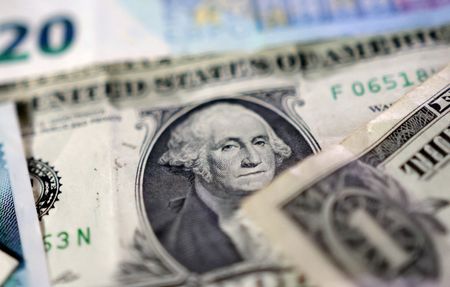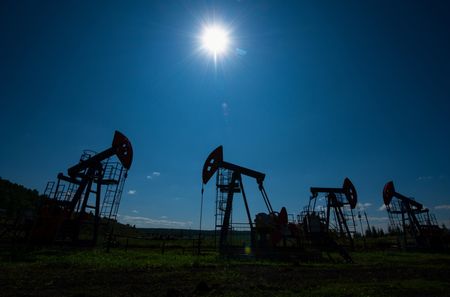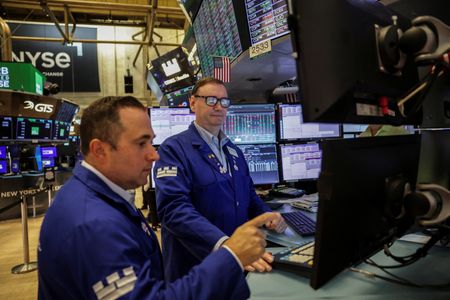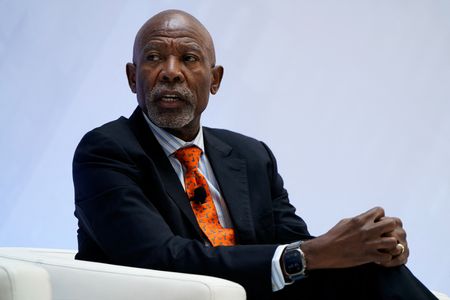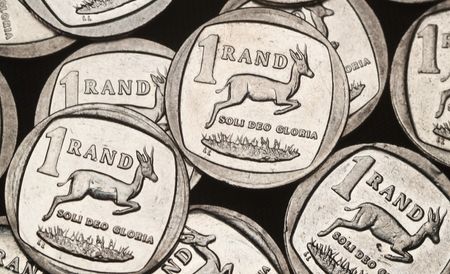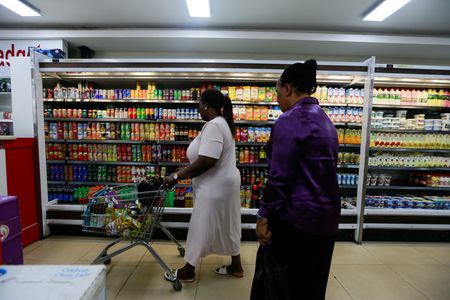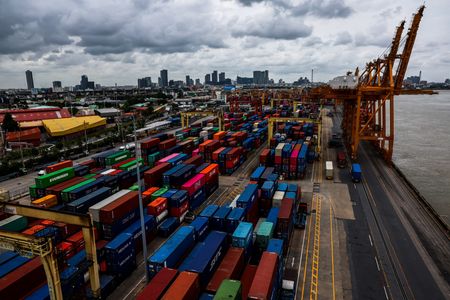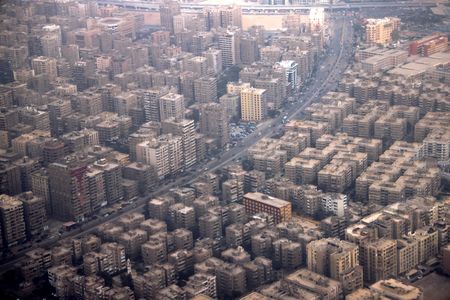By Libby George
LONDON (Reuters) -Egypt’s Finance Minister Ahmed Kouchouk said on Wednesday he was confident the country would hit its key economic reform targets and have a delayed review of its $8 billion International Monetary Fund programme completed by September or October.
The fund announced earlier this month that it would combine the fifth and sixth reviews of Egypt’s support programme to give authorities more time to meet critical objectives embedded in it.
“Both sides are working on the expectation that this should be happening in September, October,” Kouchouk said on the sidelines of an event at the London Stock Exchange.
“The IMF is after certain targets – and that’s what is important.”
A successful review and subsequent sign off by the Fund’s Executive Board will unlock roughly $2.5 billion to bolster Cairo’s finances.
Kouchouk also said he expected the government to complete three to four privatisations before the end of the current financial year that started earlier this month.
The IMF has made increasing the role of the private sector in the economy a requirement of its expanded $8 billion loan package. Egypt’s cabinet said earlier this year it would offer stakes in military-owned companies through its sovereign wealth fund to help comply with the Fund’s requirements.
“It will be across a lot of sectors, but we have shared also a very strategic plan, a medium-term plan with the international institutions, including the IMF and others, with a very clear, visible timeline,” Kouchouk said.
Kouchouk spoke as the IMF published its long-delayed report for its fourth programme review. It said Cairo had made limited headway in reducing the role of state — and of military-owned firms which enjoy preferential tax exemptions as well as access to prime land and cheap labour.
It also forecast Egypt’s debt would rise from $162.7 billion in 2024/25 to $202 billion by 2029/30, warning that it “poses a high risk of sovereign stress”.
Kouchouk said the country was still working on bringing in major investment from the Middle East and also from Europe, particularly on renewables, energy and tourism.
Last year it signed what it estimated would be a $35 billion deal with the United Arab Emirates to develop a prime stretch of its Mediterranean coast. It also received a $5 billion injection of Saudi Arabian investment and in April it announced a $7.5 billion plan with Qatar.
“We are expecting more and more big announcements on the energy, on the renewables, on the tourism, as well as on the real estate and the financial sector,” Kouchouk said.
(Additional reporting by Mohamed Ezz in Cairo. Writing by Karin Strohecker and Marc Jones, editing by Dhara Ranasinghe, William Maclean)

